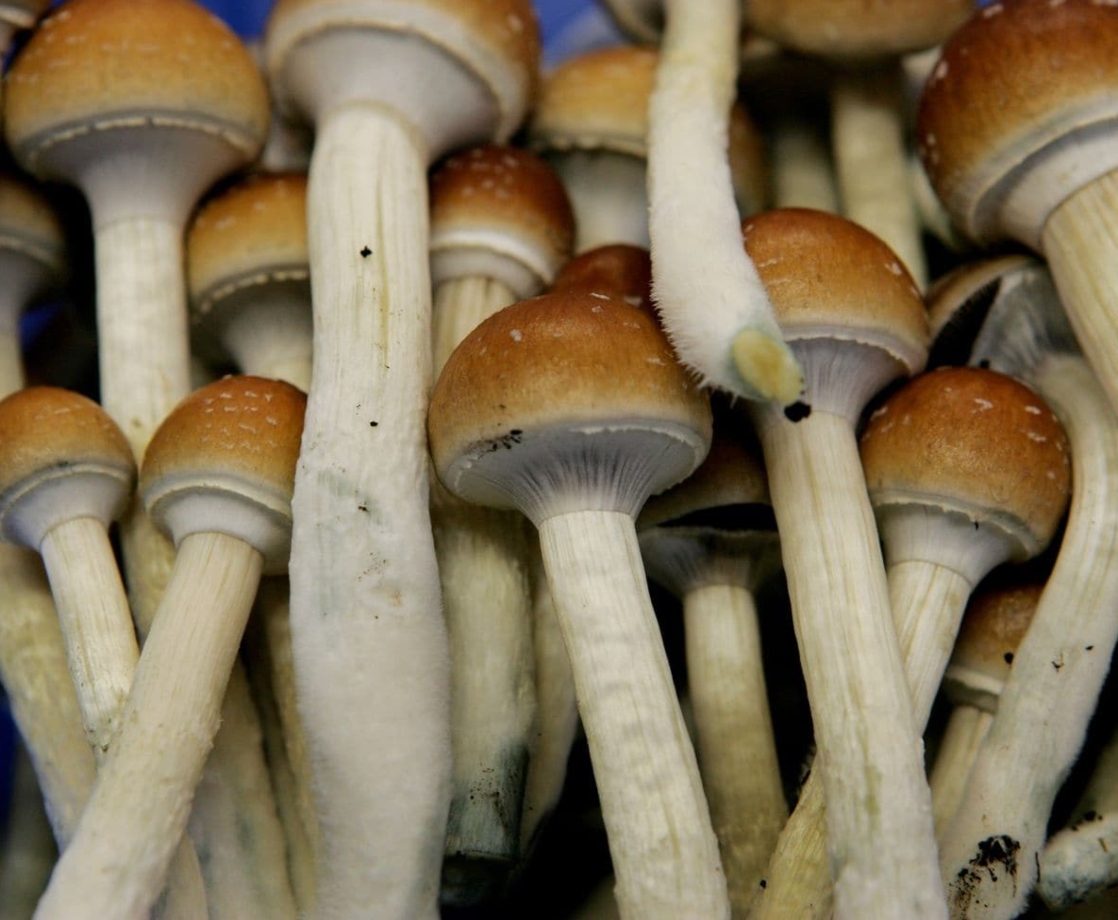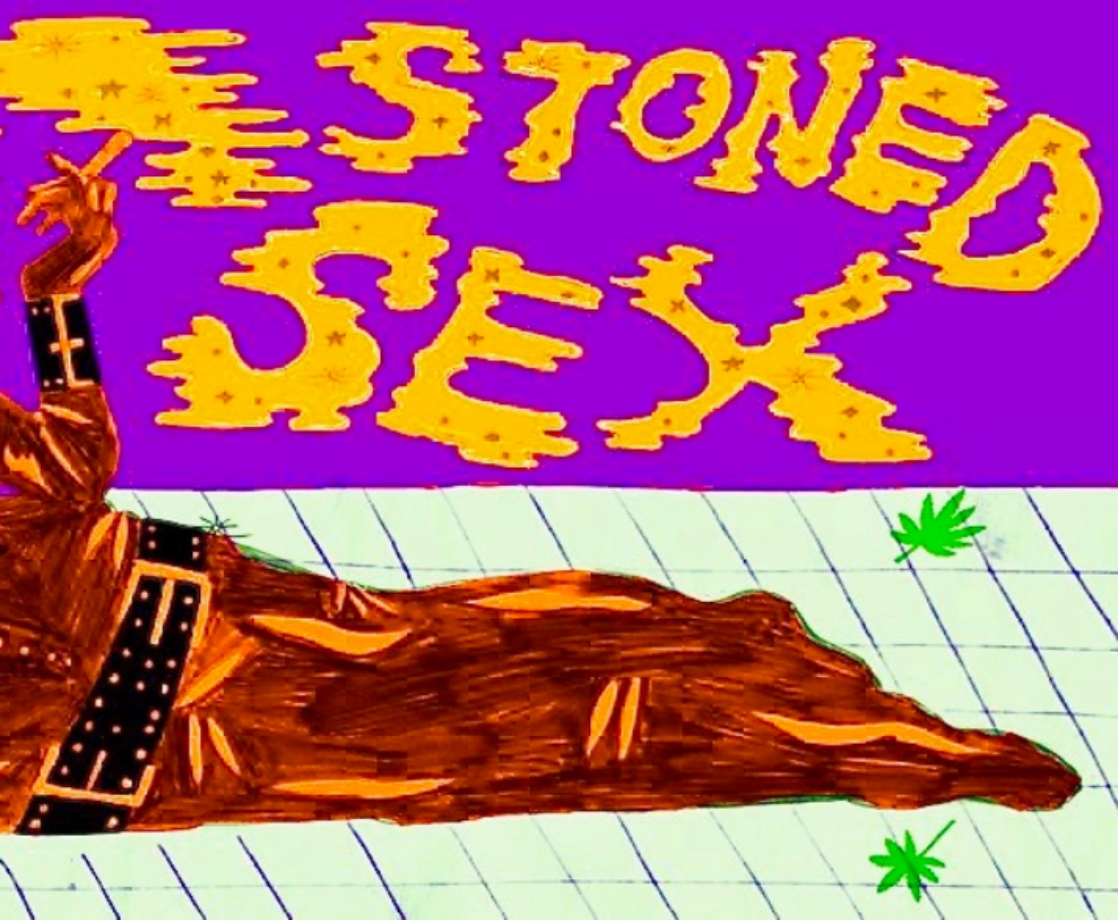Researchers from the Johns Hopkins Psychedelic Research Unit are actively recruiting participants for a unique new clinical trial that will discover whether psilocybin-assisted psychotherapy can help treat people suffering from anorexia nervosa.
“This open-label study will test the effects of two moderate to high doses of psilocybin given in combination with motivational interviewing-based psychotherapy,” said Natalie Gukasyan, a post-doctoral research fellow at Johns Hopkins, to New Atlas. “Our goal is to determine whether psilocybin can be safely administered in a supportive setting to people with anorexia nervosa (AN), and whether this intervention can produce improvements in mood, quality of life, and cognitive and behavioral symptoms of the disorder.”
Several recent studies have found that psilocybin-assisted psychotherapy can effectively treat symptoms of depression, PTSD, and obsessive-compulsive disorder. The Hopkins Psychedelic Research Unit has been at the forefront of many of these studies, investigating how this once-maligned substance could be used to help patients quit drinking or deal with anxiety relating to terminal illnesses.
The success of these prior studies has led Gukasyan to believe that psilocybin will also be an effective treatment for anorexia. A study from 2017 found that ayahuasca was able to help people suffering from eating disorders, and there is a wealth of anecdotal evidence that LSD and MDMA can both help treat these conditions.
“We seek to determine if psilocybin can have similar effects in those suffering with AN,” Gukasyan told New Atlas. “The pathophysiology of AN remains obscure but some evidence suggests that the serotonin 2A (5-HT2A) receptor system may be involved. The action of psilocin, the active metabolite of psilocybin, is mediated by stimulation of these receptors. AN also shares phenomenological parallels to anxiety and addiction, both of which have been shown to improve with psilocybin-assisted interventions.”
Gallery — Smoke Weed, Eat Shrooms, and Shine Like the Sun:
Researchers are currently recruiting participants for the first stage of the trial, which is expected to take two or three years to complete, due to the challenges of finding appropriate subjects. This phase of the trial will be modest, but if successful, it will pave the way for more robust research.
“If our intervention is effective the next steps would be to further clarify the mechanism by which it works, perhaps with brain imaging or other neurocognitive measures,” said Gukasyan. “Phase 2 and 3 studies with larger sample sizes and placebo-controlled conditions would be necessary to further establish this as a viable treatment for AN.”
Like MDMA, psilocybin — the psychoactive compound responsible for the hallucinogenic effects of magic mushrooms — is currently experiencing a renaissance amongst the medical community. Both psilocybin and MDMA are currently classified as Schedule I drugs, a category reserved for addictive drugs with no medical use.
The Food and Drug Administration has now granted both of these drugs Breakthrough Therapy status, however, which allows researchers to conduct federally-sanctioned clinical trials to determine the safety and efficacy of these new treatments. If these trials are successful — as they all been have so far — the FDA is likely to allow both of these drugs to be used under medical supervision.
This new wave of research into the therapeutic value of psychedelics has led several advocacy groups to launch psychedelic decriminalization measures across the country. Oakland and Denver have already decriminalized shrooms, and activists are looking to bring the psychedelic revival to the entire country.











